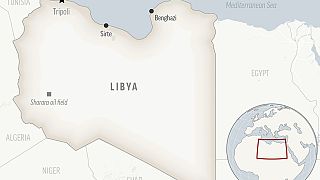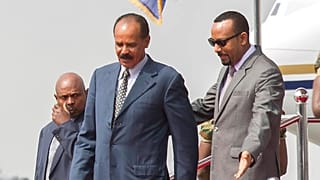Ethiopia
Ethiopia's national currency dropped 30 per cent against the dollar after its central Bank floated its birr currency on Monday.
This move is aimed at securing International Monetary Fund (IMF) support and advanced debt restructuring support.
Ethiopia has been grappling with high inflation and foreign currency shortages, and it defaulted on its government debt last year.
Negotiations with the IMF resumed after a peace deal in Tigray in 2022. The central bank will now allow banks to trade foreign currencies freely with limited interventions.
Prime Minister Abiy Ahmed announced the reforms, and the country expects $10.7 billion in external financing from the IMF, World Bank, and other creditors.
Importers welcomed the move, which eliminates reliance on the black market for dollars.
The U.S. supported the shift to a market-determined exchange rate, calling it necessary for addressing economic issues.
Ethiopia requested debt restructuring in 2021, but progress was delayed by the Tigray conflict.












00:40
IMF approves new $261 million disbursement for Ethiopia
00:51
Nigeria to revise inflation reporting after artificial spike expected in December
01:12
Iran warns Washington it will retaliate if the US launches an attack
00:18
Zambia withdraws request for IMF loan extension
00:02
Ghana's ex-finance minister Ken Ofori-Atta detained by US immigration authorities
00:50
Iran police officer killed as protests over cost of living enter 12th day